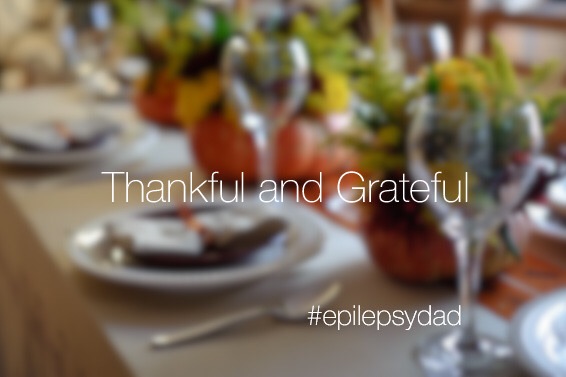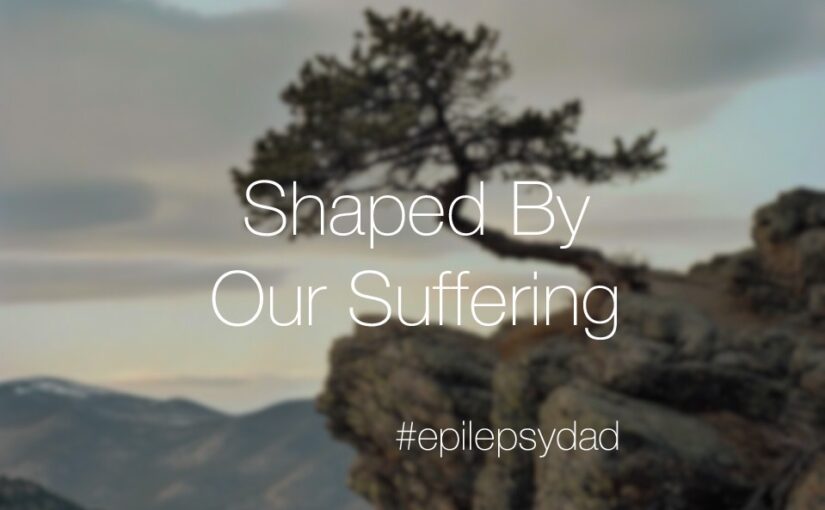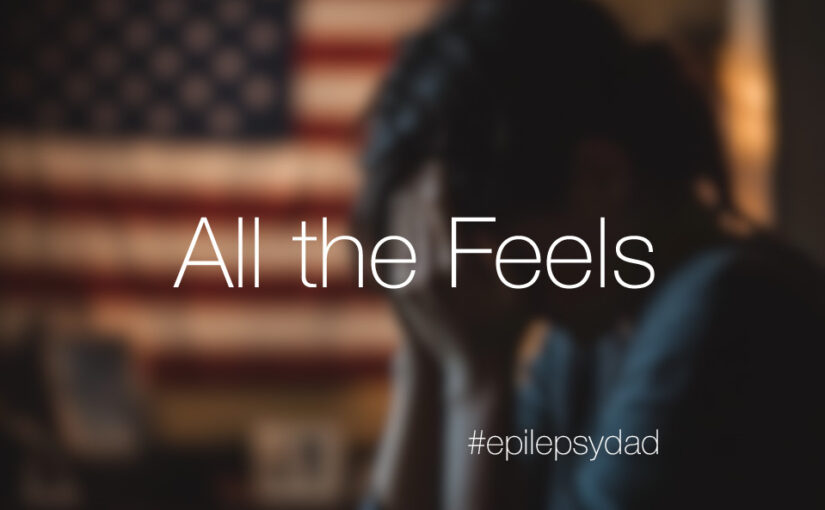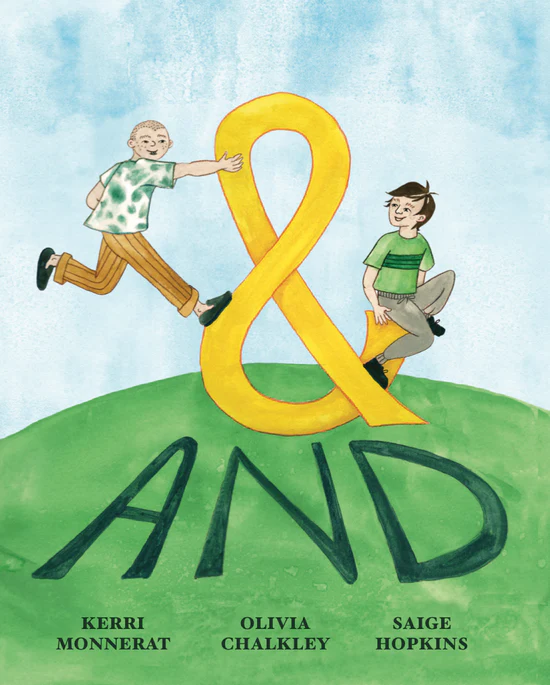Today is Thanksgiving in the United States.
While we aren’t the only country that celebrates Thanksgiving, the holiday is widely celebrated in the United States as a time of gratitude and togetherness.
In our household, we have a nightly routine that has evolved over the years. It includes reflecting on something we are grateful for. Even if we are too tired to do the full routine, we never skip our “grateful for.”
That led me to wonder about Thanksgiving being a day about gratitude and the difference between being thankful and grateful. According to the vast library of truth that is the internet, gratitude encompasses both being thankful and being grateful, but even though the terms thankful and grateful are often used interchangeably, they have subtle differences in meaning and emotional nuance:
Thankful
Definition: Being aware of and expressing appreciation for something good that has happened or for a specific benefit received. Thankful is usually tied to a specific moment or event (short-term and outward-focused).
Focus: Often more situational and reactive; tied to specific actions, events, or gestures.
Example:
“I’m thankful for the gift you gave me.”
“She felt thankful for the sunny weather during her picnic.”
Grateful
Definition: A deeper sense of appreciation and acknowledgment, often tied to an enduring or broader sense of thankfulness. Grateful reflects a more profound, ongoing state of appreciation (long-term and inward-focused).
Focus: Goes beyond immediate circumstances and often reflects a heartfelt acknowledgment of a relationship, life situation, or intrinsic value.
Example:
“I’m grateful for having a supportive family.”
“He felt grateful for the lessons he learned from his challenges.”
With my newfound knowledge of the nuances of gratitude, I think about how it applies to the language I use in the context of my son’s epilepsy.
I am thankful that our son has access to medicine that helps reduce his seizures. I am thankful for the doctors and nurses who cared for him during his surgery. And I am thankful he has a friend who helped him catch up when our son returned to school.
I am grateful for the support of his friends and his school. I am grateful to live where he can access specialists and get the care he needs. I am grateful for the lessons I have learned from our son’s challenges.
I’m not sure it’s perfect, but in the end, regardless of the words we use, it’s the feeling that matters. Gratitude improves our overall well-being and strengthens relationships by fostering positive emotions, encouraging mutual appreciation, deepening connections, and helping us focus on the good in ourselves, others, and the world around us.
On a day intended to celebrate gratitude and togetherness, I think that’s what matters, whatever language we use.
Because this post mentions Thanksgiving, it’s also important to be mindful that its origins are tied to events that some Native Americans associate with colonization and the loss of land, culture, and lives. If you’d like to learn more, please read about the National Day of Morning, which is observed by many Native Americans on Thanksgiving and is a time to honor their ancestors and reflect on the historical and ongoing injustices faced by Indigenous peoples due to colonization.



